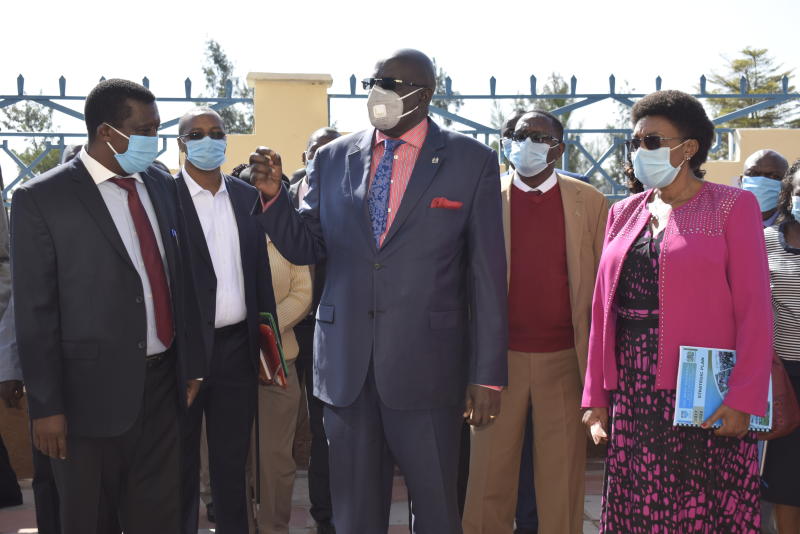×
The Standard e-Paper
Stay Informed, Even Offline

Only a third of learners who were set to return to school between August and October this year have reported, according to data from UN.
Figures from the United Nations Educational Scientific and Cultural Organisation (Unesco) show that a majority of the learners are waiting for guidelines from their governments on what to expect in the new academic year.